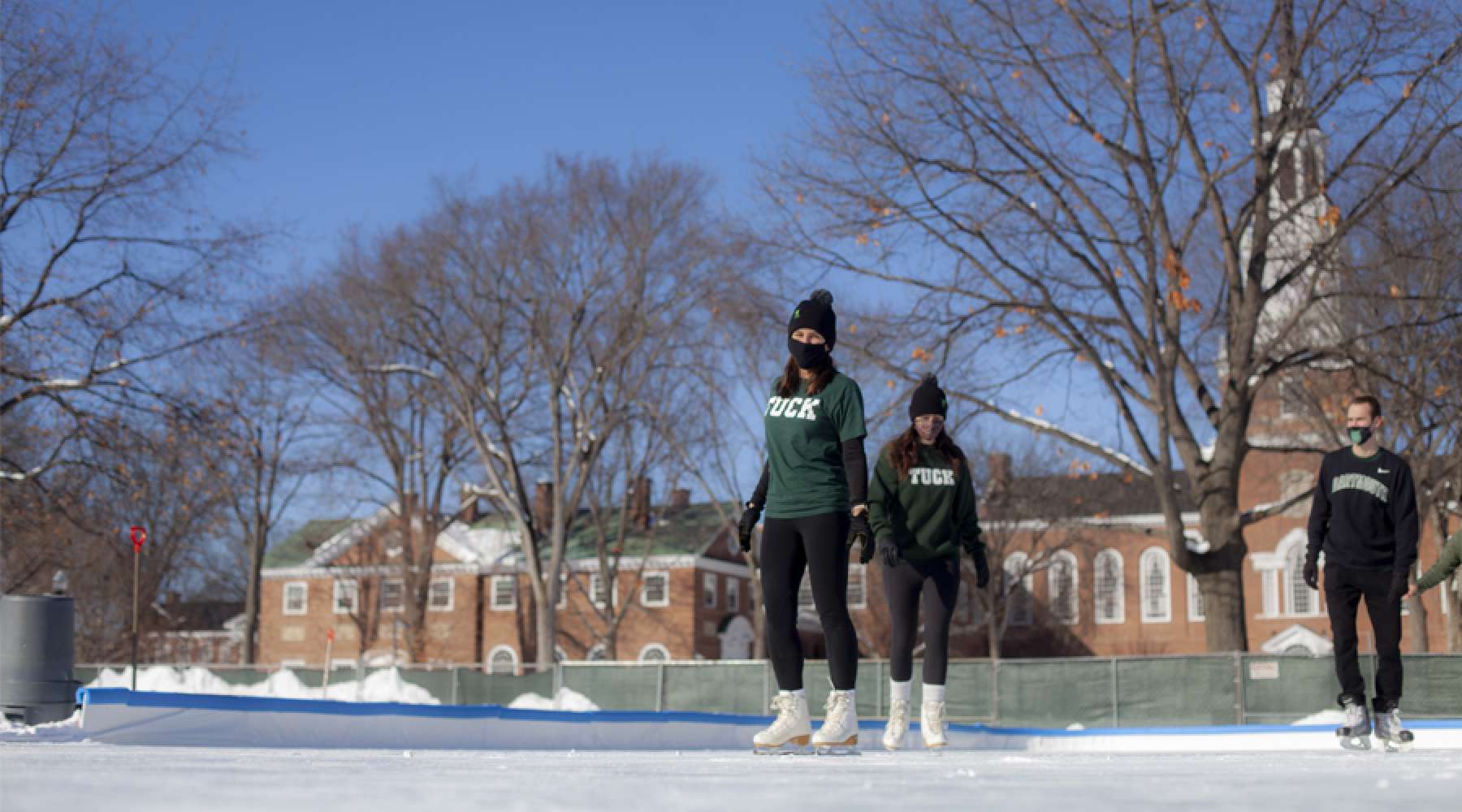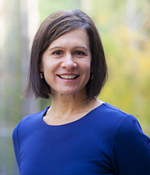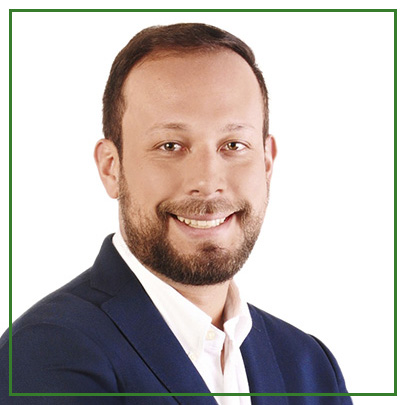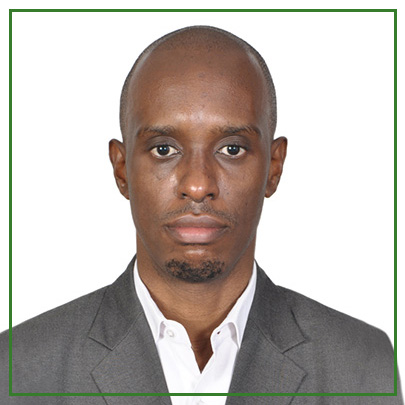

Applying for an MBA is a process that requires research, self-reflection, commitment, and willingness to take a calculated risk to invest in yourself.
Committing to an MBA might seem especially intimidating if it means moving to a country that’s new to you, while leaving your family and support network behind. We in Tuck Admissions work hard to make our application process as transparent as possible, and our community open and accessible to you throughout the process. Through online events, like Q&A sessions and coffee chats, as well as virtual tours and so much more, we strive to show you what makes our community special, and our program unique.
We approached three members of the T’22 class who found themselves in a position similar to yours last year. They got to know Tuck virtually, embraced our community, summoned their sense of resolve, and said YES to becoming wise, decisive leaders who can operate across cultures and in environments of ambiguity.
See what T’22s Elias, Philip, and Shimoli shared about what events and activities they found most helpful when learning about Tuck, what they think is the best part about being at Tuck, and what advice they have for international applicants trying to decide what MBA programs to apply to, or which one to attend.

Elias is a member of the Marketing and Brand Management Club, the Consulting Club, and is a junior manager at theBOX (Tuck’s student-run food truck). He attended Universidad del Pacifico in Lima, Peru where he majored in economics with a minor in Finance. Prior to Tuck, he was a senior marketing lead for new business and innovation at LAIVE. Elias is passionate about supporting communities around him, has co-founded an online platform aimed at creating opportunities for independent workers in Peru, and has been heavily involved with an NGO supporting children's development through creative activities.
What events or activities did you find most helpful in learning more about Tuck?
Before deciding which schools to apply to, I did a lot of research and talked to many students. But once I was admitted, it was really Admitted Student Week (ASW) that convinced me that Tuck was the best school for me. The interactions with Admissions, faculty, and especially with my future classmates, were essential to making me feel part of this incredible community from that point forward. While it was virtual, we did get to experience Tuck's well-known sense of community.
What is the best part about being at Tuck?
I really like Tuck’s small size. Being in a rural town and in an intimate class really helps (and encourages) you to build strong relationships. I came from a really noisy city, and having the opportunity to live in Hanover for two years in a really quaint, charming, and outdoorsy town is great. You sort of disconnect from the world and really get to know your classmates, your professors, faculty, and staff of the school. I’ve been here for less than six months and I feel that I’ve been able to create really strong friendships.
What advice would you give to international applicants trying to decide what MBA programs to apply to, or which one to attend?
This was really important for me. I knew that as an international student it might be more difficult to adapt to the culture and get an internship. So, my advice would be to make sure the school has a diverse class, diverse faculty, and that there are career services advisors specialized in international students.
In the case of Tuck, its small class size facilitates an intimate culture where faculty and administrators are personally available to you and easy to access. As a personal experience, it was vital for me to have access to international professors and a career services advisor—who were always available to help me on my career development.

Philip is a member of the Consulting Club, Black Students Association at Tuck (BSAT), and the Energy Club. He attended the University of Nairobi where he majored in electrical & electronics engineering. Prior to Tuck, he was an application engineering lead for the Sub-Saharan Africa region at General Electric. Philip is a world traveler, pseudo-marathon runner, and adopter of five stray cats—Kit Kat, Mittens, Onesie, Socks and Knameless (the k is silent).
What is the best part about being at Tuck?
Best part about being at Tuck is the community. I’ve been blown away by how supportive my classmates have been. I arrived at Tuck late due to embassy closures as a result of the pandemic, but I felt the Tuck “niceness” even as I was conducting my studies remotely. My study group members would schedule meetings so as to be mindful of time-zone differences and also to accommodate times when I had networking events with companies I was recruiting for. This thoughtfulness is easily one of my classmates’ best qualities. The support system at Tuck is unparalleled.
What surprised you most about Tuck after you started your MBA?
The most surprising thing about Tuck after I started the MBA was the rigor of the curriculum. I knew Tuck was renowned for the strength of its academic curriculum, but I was stunned at how in-depth the professors went into each topic. I believe this is what lays the foundation for so many Tuckies to go and impress at their summer internships and ultimately full-time jobs. The quality of faculty is second to none.
What advice would you give to international applicants trying to decide what MBA programs to apply to, or which one to attend, without being able to visit the schools in person?
Speak to current and past students—you will not find better ambassadors!—who have done what you are seeking to do. And if you are unable to find someone, reach out to the Admissions team who will be happy to connect you with such an individual. Not being able to visit the schools in person is hard, especially when making such a big decision but I believe the warmth of Tuckies, past and present, shines through!

Shimoli is a member of Tuck Community Consulting, Tuck Gives, and the Tuck Game Club. She attended the University of Mumbai where she majored in accounting, taxation & financial analysis after which she obtained a CPA-similar professional certification (chartered accountant). Prior to Tuck, she was a senior manager in Transaction Tax Advisory Services at Ernst & Young. Shimoli is a trained classical Bharatanatyam dancer, and strategic board and card games enthusiast.
What advice would you give to international applicants trying to decide what MBA programs to apply to, or which one to attend, without them being able to visit the schools in person?
First, international applicants being able to visit the campus in the US is rare in any year—so you are not at a disadvantage there. Learning about the school is frankly as simple as talking to as many people as possible—from T’22s to prospective T’23 students. At the end you’ll be able to gauge your best fit school based on how you feel and the interactions you’ve had and the students you jibe well with. After all, most top schools have similar career prospects, but the difference lies in the people. Once admitted, if you feel comfortable meeting a certain admit who is in the same city as you are, do try and meet them; always helps to come in with a few known faces. Speak to T’22s and tell us your concerns—chances are that we have faced similar concerns in the past six to seven months and can provide some direction.
What is the best part about being at Tuck?
For me, I enjoy the many experiential learning opportunities at Tuck. In the fall, as part of Tuck Community Consulting (TCC), I was helping a family center streamline its recruitment process so that they can better find talent and recruit the team faster and efficiently.
These experiences help me develop soft and technical skills which I couldn’t develop in my pre-MBA job, while working in different sectors, industries, and with diverse people. I am also really looking forward to my First-Year Project (FYP) which entails working with a local café to turnaround its business impacted by COVID-19. One is studying using the case method and the other is rolling up the sleeves and getting to work. Thankfully, the Tuck learning experience has been a perfect mix of the two! I also think Tuck’s Centers do an amazing job in discussing and sharing knowledge. For example, in a meeting with the Center of Digital Strategies we discussed the business model of Amazon and that is among the top 10 discussions I have had at Tuck so far.
Learn more about Tuck's MBA program, career options, and distinctive learning community by joining us for an online event like our AMAs with Tuck’s International Admissions Officer. Or, reach out to our Tuck Ambassadors to connect with current students from your region or based upon career, center, or activity and club interests!